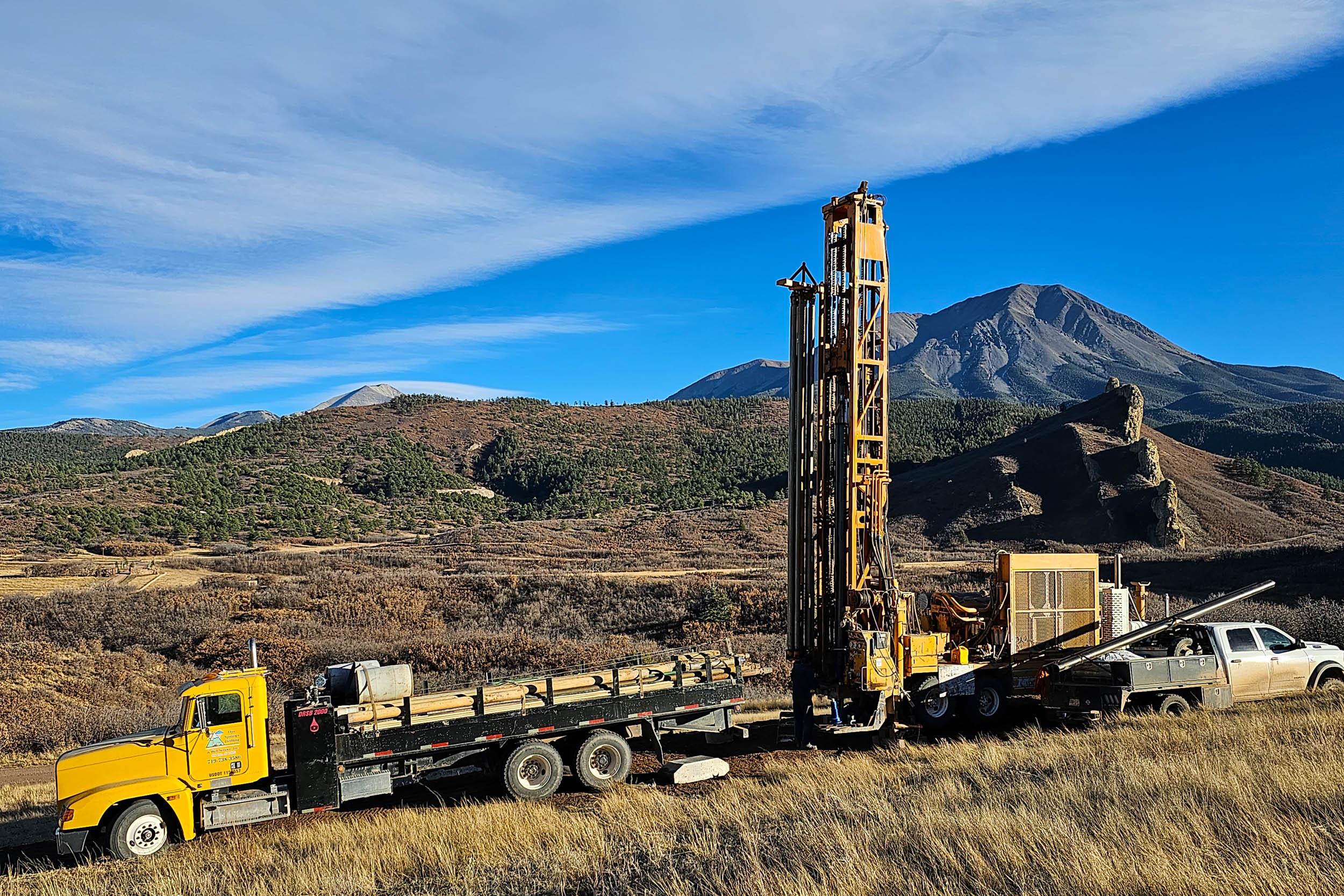 More Americans of all ages agree: at home, two’s a crowd. Roughly 27 percent of U.S. homes are occupied by one person. In Denver, numbers are even higher.
More Americans of all ages agree: at home, two’s a crowd. Roughly 27 percent of U.S. homes are occupied by one person. In Denver, numbers are even higher.
Eric Klinenberg is a sociologist at New York University and the author of “Going Solo: The Extraordinary Rise and Surprising Appeal of Living Alone.” He’s interviewed hundreds of people who live by themselves. He says solo living is a luxury -- one more around the world are starting to afford.
“It’s only in recent history that people are making enough money to live alone,” Klinenberg says, citing solo living numbers even in rapidly developing economies, including China, India, and Brazil.
Klinenberg says living alone is not as lonely as conventional wisdom suggests. Here in the United States, he’s found people who live alone are more socially engaged in their communities and more active outside their homes. They often carve out what he calls “urban tribes” that can, to a degree, replace traditional family molds.
But there are downsides to going it solo. Klinenberg points out these urban tribes can be “less strong and less durable than we need them to be.” In other words, “tribe members” are not always reliable, particularly when they get married and their focus shifts to raising a family -- or when their lives simply get busy.
This can be especially true in a place like Denver, where 41 percent of the city’s homes have one occupant. The city’s “solo dwellers” tend to be of an almost exclusively younger ilk.
State Demographer Elizabeth Garner says people living alone in the city tend to be under 30.
“Denver’s an entry point for migrants from other states,” Garner says.
When those migrants get older, they move away from Denver, and more new young “solo dwellers” move in to replace them.
But in other cities, older Americans are also going it alone, forgoing moving back in with family members after a divorce or the death of a partner.
While state demography forecasts suggest even more people in Colorado will be living alone soon, Garner says its not clear if Denver's numbers will continue to rise.
Garner says that’s because “people tend to age in place,” and Denver’s not a place where a lot of older Coloradans settle.
She’s a Denver native who can’t imagine aging anywhere else. But she says there could be challenges ahead for cities to accommodate all of the aging Baby Boomers to come.








